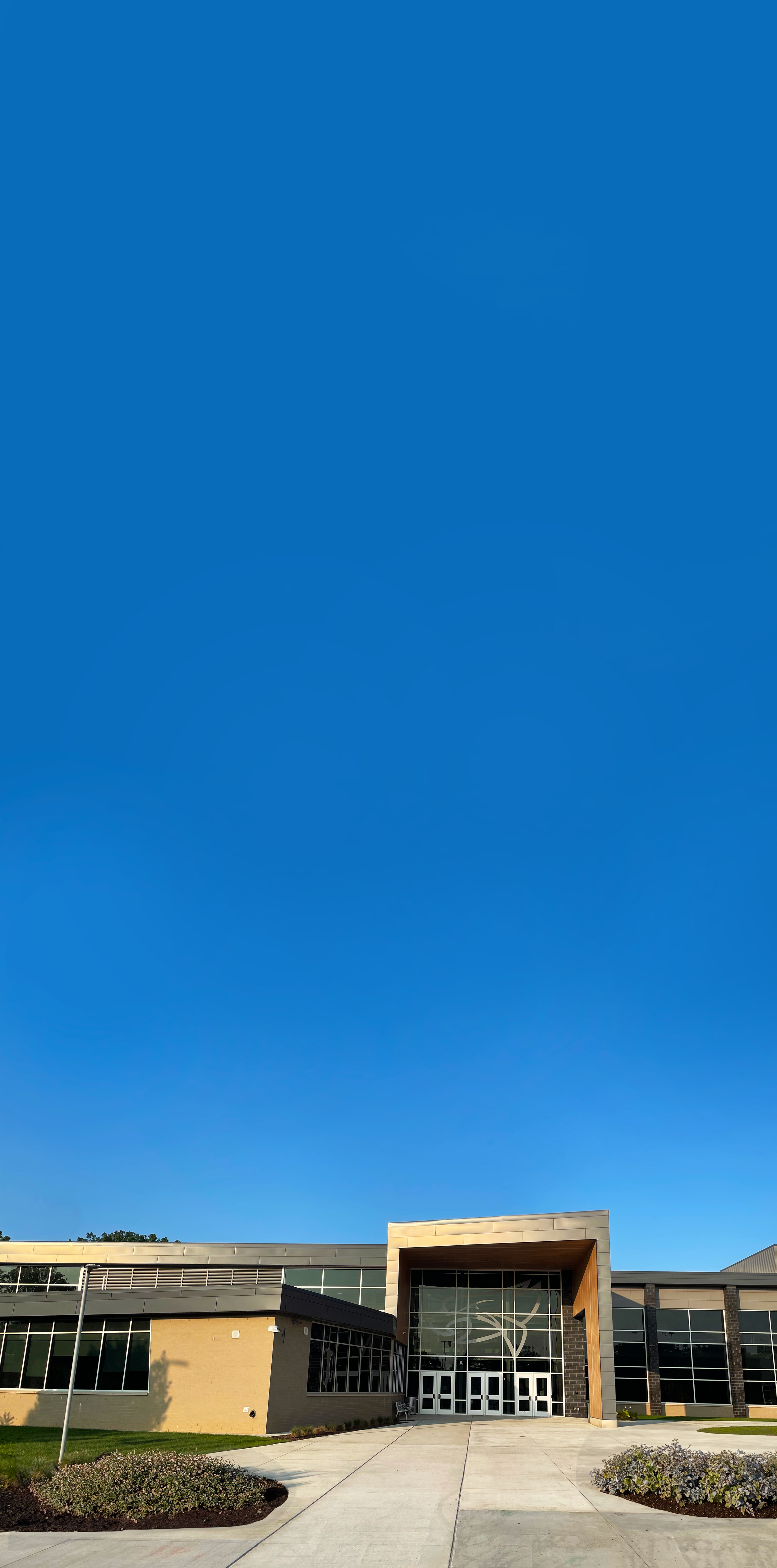
Ivy League acceptance rates have dropped to historic lows, leaving administrators wondering: What’s gone wrong?
While these colleges have adopted practices such as test-optional policies, virtual campus tours, webinars, and online resources to make the application process more accessible to students, current juniors and seniors are more likely than ever to skip over an application to places like Dartmouth or Cornell.
According to Christopher Rim, a CEO at Command Education, the dilemma is a cumulation of multiple factors. One is that prestige comes with expense. Sending in an application alone costs around $80, and tuition can average out at around $100,000 a year (without housing fees). Many distinguished schools attribute this spike in price to maintaining competitive salaries amid rising living costs to recruit and retain the highest-quality faculty and staff; however, high school students don’t believe the price is worth the level of education.
There is also a societal shift to take into account. People have begun to view Ivies as a symbol of the bourgeois, representing wealthier citizens' right to a better education. Many, if not all, of the universities are legally registered with the Internal Revenue Service as 501(c)(3) charitable nonprofit organizations but act as private hedge funds that additionally receive billions of dollars in government subsidies. As registered nonprofits, the schools' vast property holdings are exempt from all federal and state taxation. Two-thirds of the generation currently in high school, generation Z, have been noted to be more socially liberal, concerned with accessible education and college costs, and do not look kindly on the economic behavior of Ivies.
Even current employers have come out and admitted they are less likely than ever to hire Ivy League graduates, according to multiple news outlets such as MSNBC, Forbes, and the Wall Street Journal. COVID-19, technology, and a changing workforce have led employers to cast a wider net for collegiate talent, but they continue to sour on Ivy League grads. Many hiring managers do not question that the students coming out of these schools have high intellect and motivation, it is the political and economic controversy on campus that have these employers looking to different schools for potential staff. R. R. Reno, an American theologian, and editor published an article in the Wall Street Journal titled, “Why I Stopped Hiring Ivy League Graduates”. In his piece, Reno addresses the many controversial choices made by universities like Harvard and the student protests that follow. However, he makes the distinction that “student activists don’t represent the majority of students.” Reno adds to this by stating, “I find myself wondering about the silent acquiescence of most students. They allow themselves to be cowed by charges of racism and other sins. I sympathize. The atmosphere of intimidation in elite higher education is intense. But I don’t want to hire a person well-practiced in remaining silent when it costs something to speak up.” Looking into the 2020s and 30s, businesses hope to diversify their workforce through experience and backgrounds. In other words, a group of out-of-the-box thinkers and unconventional leaders; something a pool of Harvard, Yale, or Brown graduates does not seem to supply.
So, if Ivies are out of the question, where are high school seniors choosing to further their education? The answer is public in-state universities. Many students are choosing to stay in state because of the hometown appeal. Schools are closer to home, cheaper, and have more guaranteed acceptance rates. Public colleges in most states are required to favor in-state applicants as their tuition is supported by tax revenue, and according to The Chronicle of Higher Education, 73% of students nationwide attend their state schools.
With the gradual decline of private universities, there might be a future in which college education is completely publicized and heightening one's intellect is more accessible across the country.
The End of Elite Education
Lauren Jelsema
